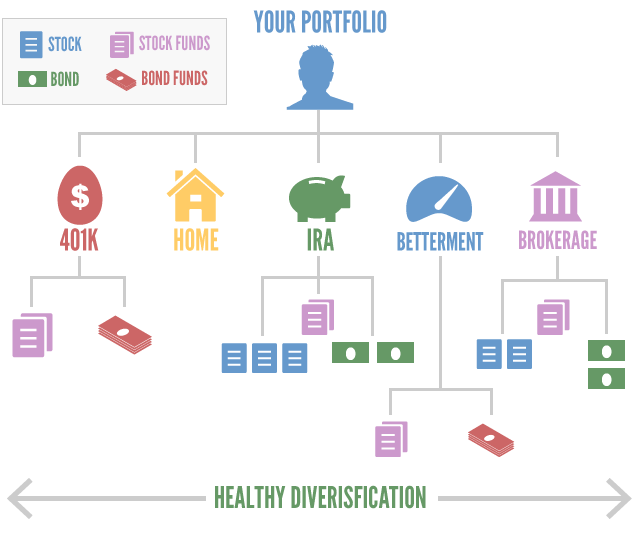If the idea of buying the stock exchange terrifies you, you are not alone. Individuals with extremely minimal experience in stock investing are either frightened by scary stories of the typical financier losing 50% of their portfolio valuefor example, in the 2 bearishness that have already taken place in this millennium or are seduced by "hot tips" that bear the guarantee of substantial rewards but rarely pay off.
The reality is that investing in the stock exchange brings risk, however when approached in a disciplined way, Great site it is among the most efficient ways to develop up one's net worth. While the value of one's home normally accounts for many of the net worth of the average individual, most of the upscale and extremely rich normally have the majority of their wealth bought stocks.
Key Takeaways Stocks, or shares of a business, represent ownership equity in the firm, which provide shareholders voting rights in addition to a residual claim on business incomes in the type of capital gains and dividends. Stock exchange are where private and institutional financiers come together to buy and offer shares in a public location.

For example, a specific or entity that owns 100,000 shares of a company with one million exceptional shares would have a 10% ownership stake in it. A lot of business have impressive shares that run into the millions or billions. Typical and Preferred Stock While there are 2 primary kinds of stocktypical and chosenthe term "equities" is synonymous with common shares, as their combined market price and trading volumes are numerous magnitudes bigger than that of preferred shares.
Preferred shares are so named because they have preference over the typical shares in a business to receive dividends along with assets in case of a liquidation. Common stock can be more classified in terms of their ballot rights. While the fundamental facility of typical shares is that they need to have equivalent voting rightsone vote per share heldsome companies have double or multiple classes of stock with different voting rights connected to each class.